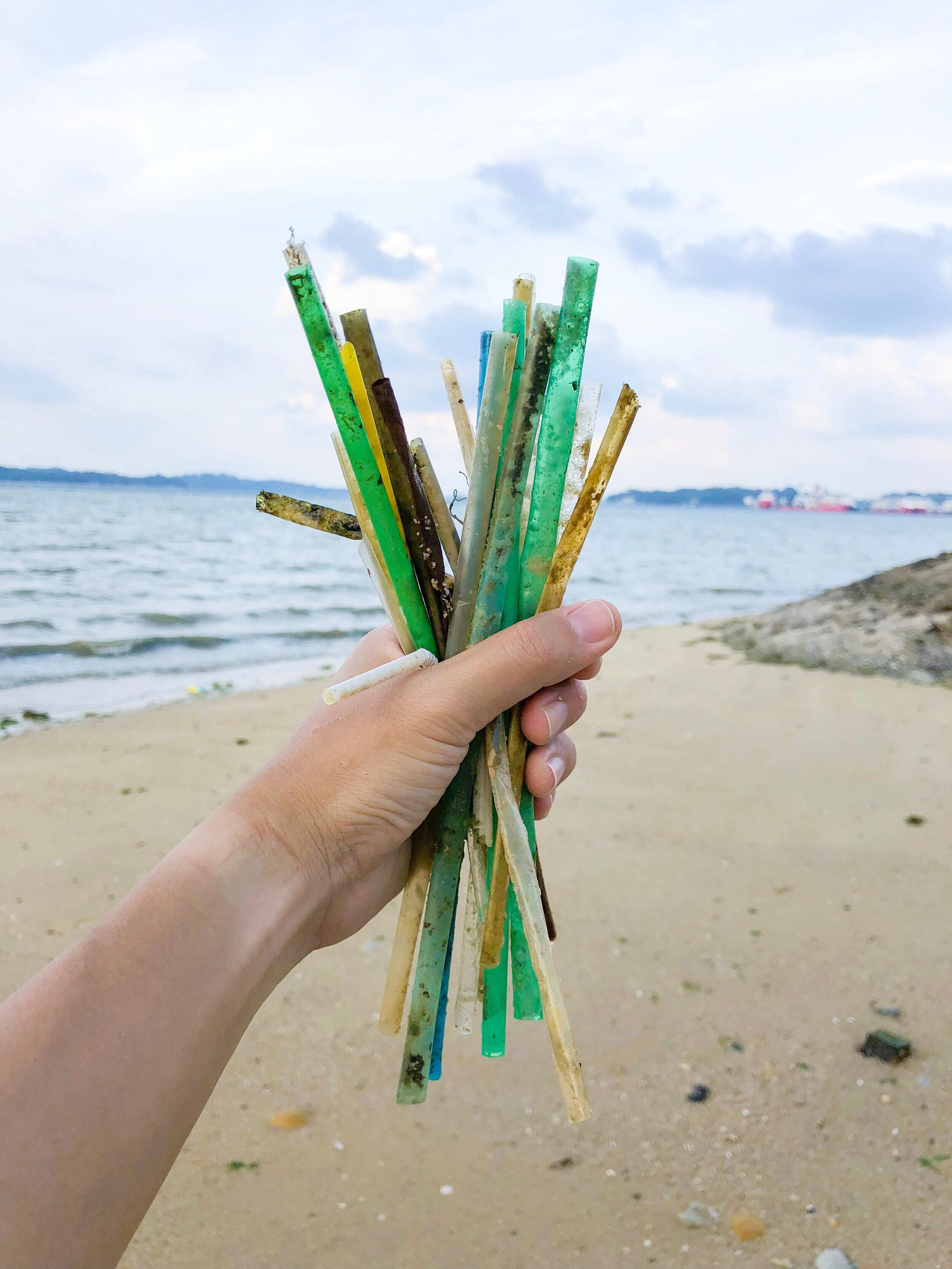
Single-Use Plastic Straws
Plastic straws may be small but they’re a BIG problem — Americans use millions of plastic straws each day. These straws are not recyclable so they end up in landfills and incinerators as well as littered in our environment where they may persist for hundreds of years. But you can help!
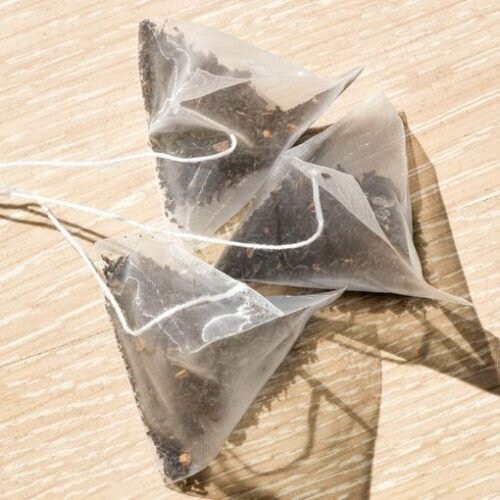
Microplastic Pollution In Tea
Plastic tea bags and hot water are a BAD combination for your health. Learn more about how you can avoid this source of microplastics pollution in your daily cup of tea and urge tea companies to replace plastic tea bags with paper or good old bulk loose, leaf tea.
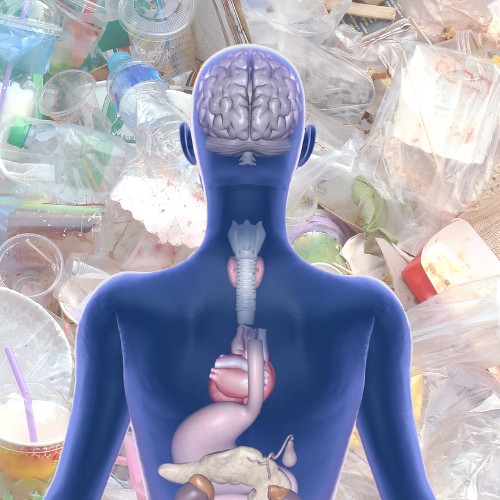
Plastics and Human Health
Over 98% of plastics are made from fossil carbons such as oil and gas. Turning these substances into plastics involves the addition of petrochemical additives – quite a lot of them. Over 13,000 chemicals are known to be involved in the production of plastic. More than 2300 of these are “chemicals of concern.”

Microwave + Plastic = BAD Idea
When food or beverages are microwaved in plastic containers, chemical additives from inside the plastic migrate into the food and tiny flecks of plastic known as micro- and nanoplastics are also shed into the food. Both of these can present health risks.

Cheese Packaged in Plastic May Expose You to Harmful Chemicals
Cheese is a delicious snack, but if you are eating small portions wrapped in plastic, you may be ingesting more than just cheese. Many hazardous plasticizers are “lipophilic,” which means that they are drawn to and readily absorbed by substances that are high in lipids — aka fat. Cheese and other dairy items have a high fat content and readily absorb migrating chemicals.

Chemical Recycling: A Dangerous Deception
Chemical recycling is a dangerous deception that will NOT solve our plastic pollution problem. Get the facts.
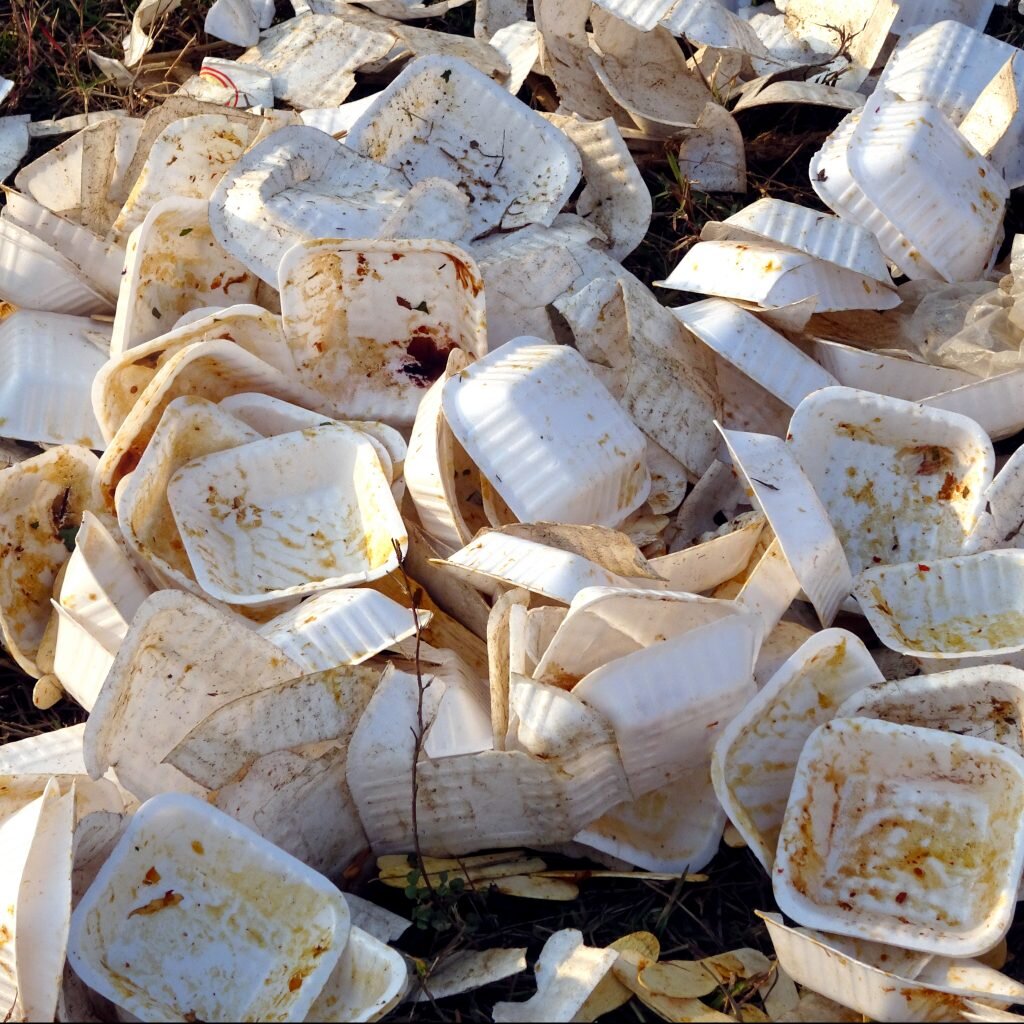
The Problem(s) with Expanded Polystyrene (Styrofoam)
Toxins in polystyrene readily leach into food an drinks, a process that is accelerated by heat and contact with fatty and acidic foods. And polystyrene can persist in the environment for more than 1 MILLION YEARS. With Americans using 25 billion polystyrene cups per year and plastic-free, non-toxic alternatives readily available, it’s time for a change.
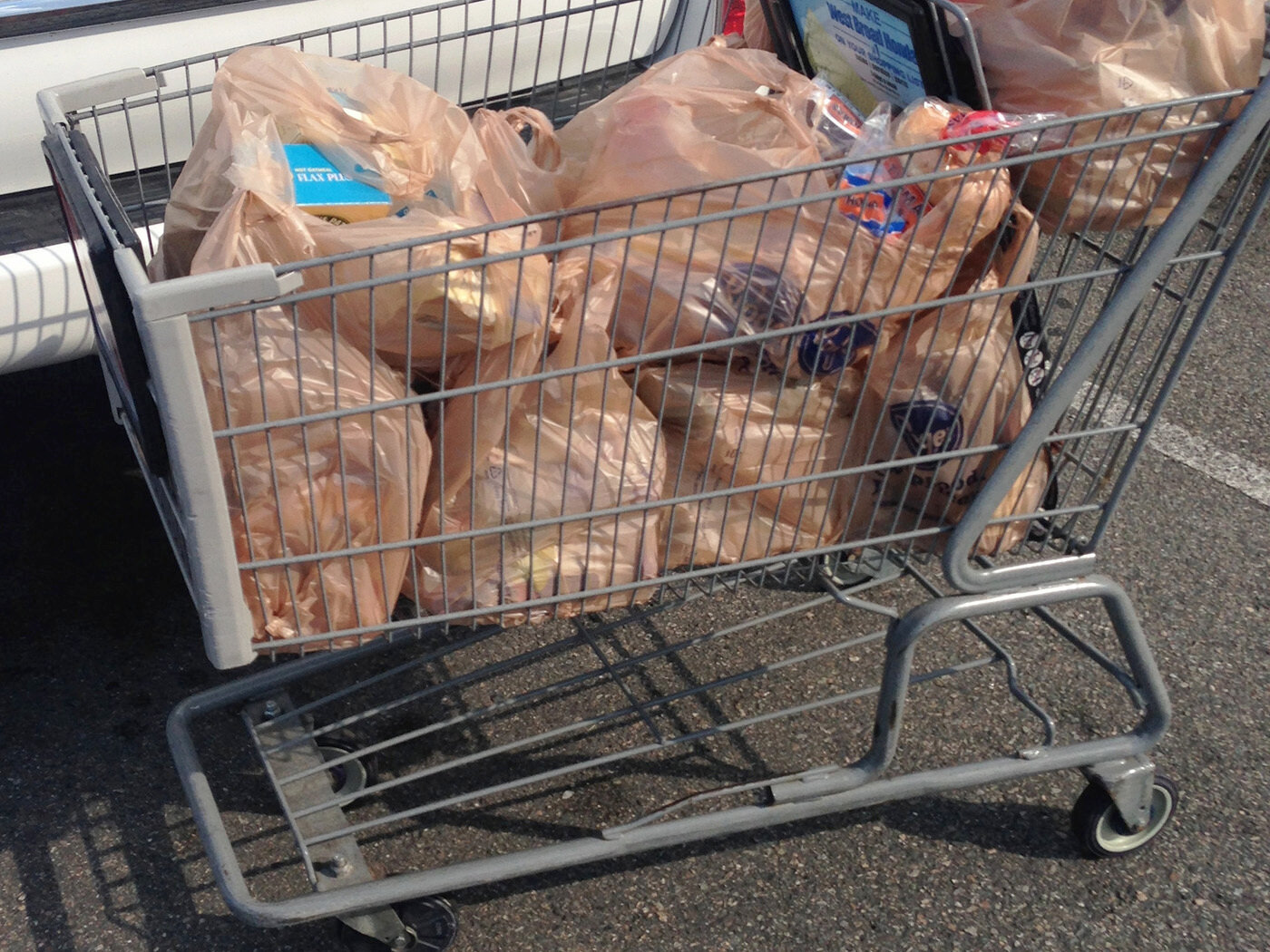
Single-Use Plastic Bags
Plastic bags are used for an average of 12 minutes but can last for more than 500 years, polluting our environment and endangering wildlife. Find out how you can help pass laws to ban them and encourage the use of reusable bags.

Environmental Justice
Plastic production and petrochemical pollution disproportionately impact low-income communities and communities of color in the Ohio River Valley and the Gulf Coast — where the bulk of production is concentrated—and where fossil fuel, plastics, and chemical companies intend to build even more facilities.
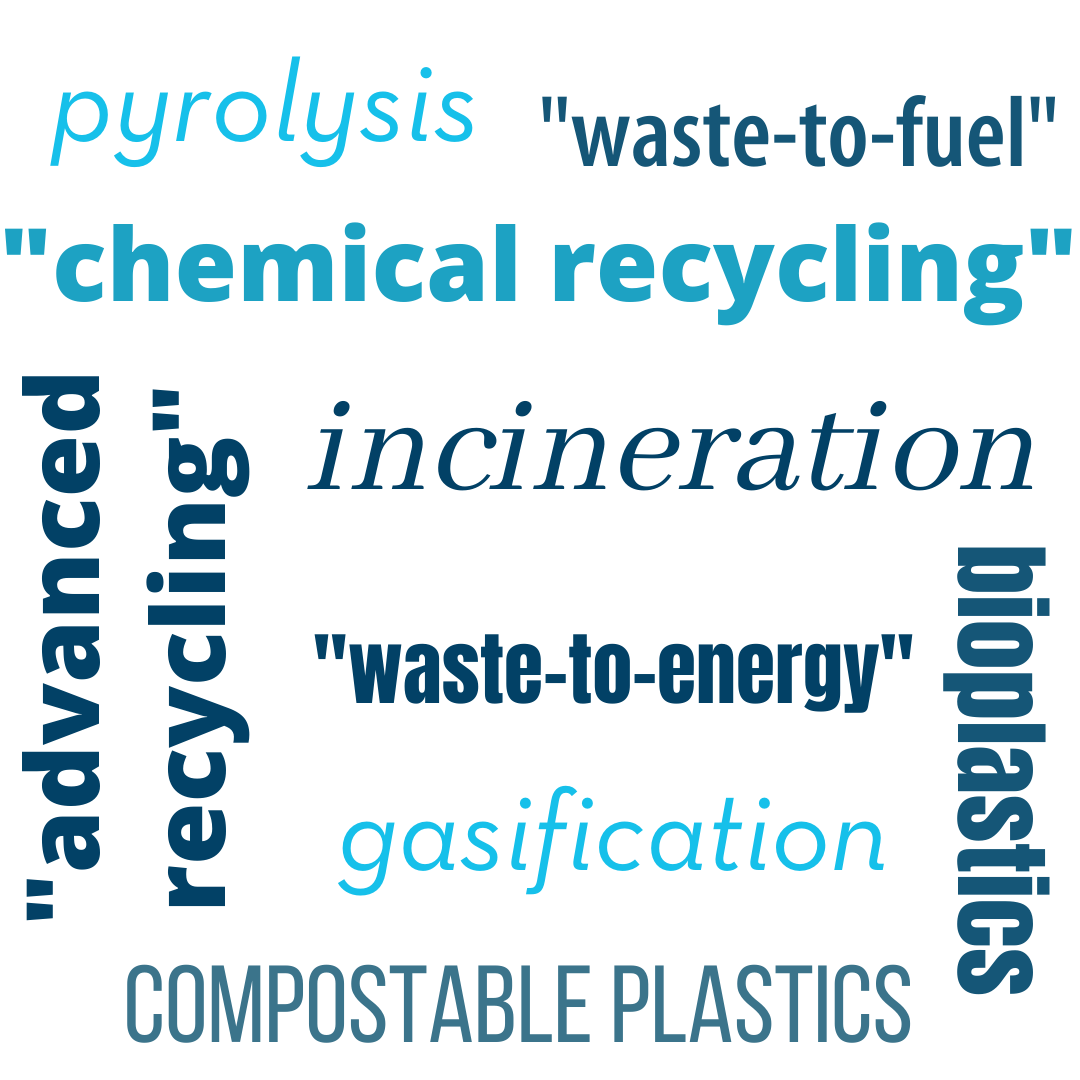
False Solutions to Plastic Pollution
As the global plastic pollution crisis continues to grow, so does plastics industry hype promoting false solutions — techno “fixes” including waste-to-energy incineration and chemical processing of plastic waste. We need to expose and reject these false solutions.

